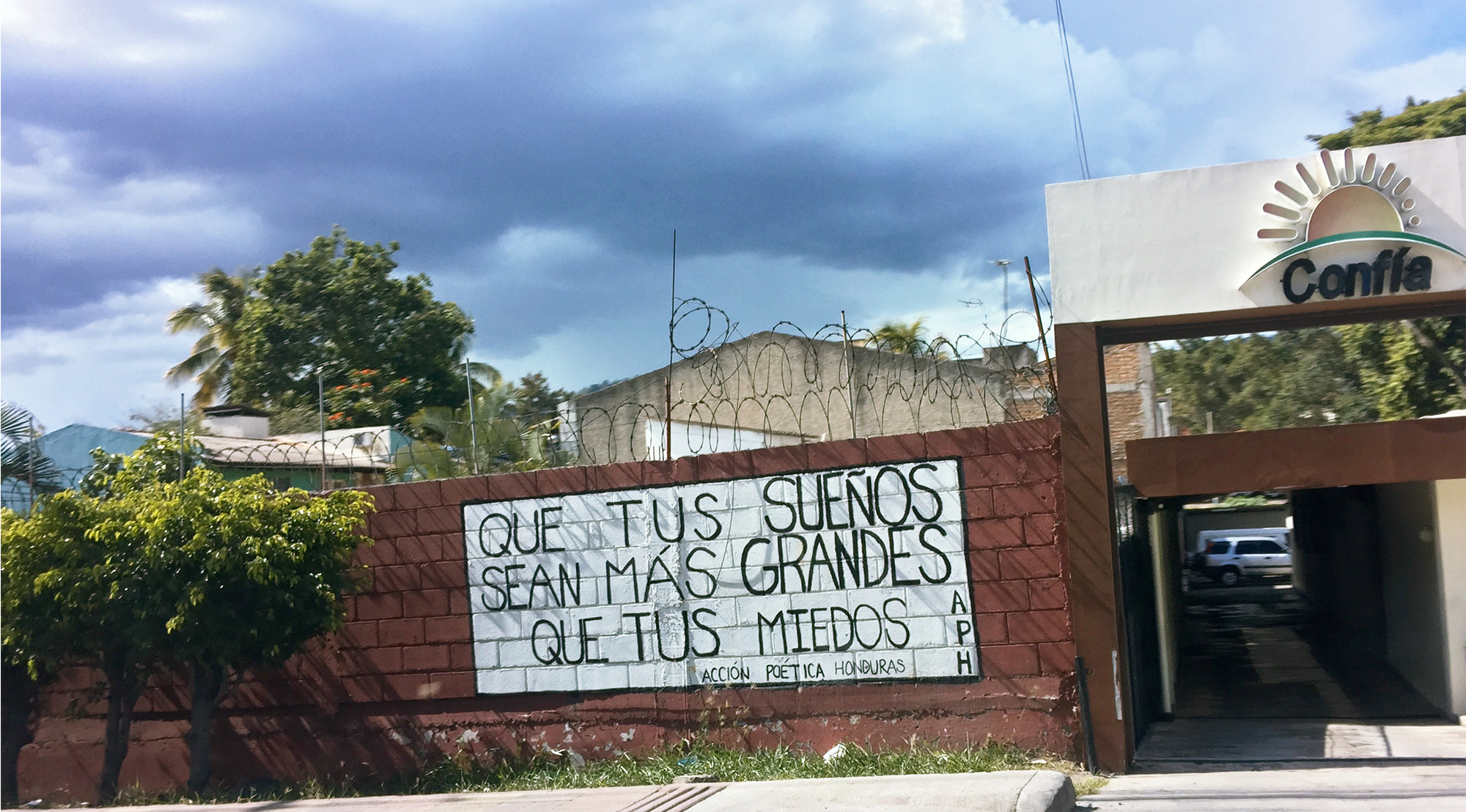For over 10 years, the Swiss Agency for Development and Cooperation (SDC) has been combining its work on gender-based violence with the psychosocial approach. Conflict transformation, and particularly the prevention of violence, can only really work if the individual and their environment are incorporated into the process, and that includes their own particular experience and context. The SDC has many years’ experience of this from its work in Rwanda, Bosnia, and Nepal.
And given that its agents are having to work in increasingly difficult contexts, the SDC too is now beginning to realize, based on its collective experience, that psychosocial work must form an integral part of development programs. In fragile and difficult contexts characterized by violence, any obstacles to development can be identified and overcome and projects can deliver more sustainable results if due account is taken of the personal and family backgrounds of target groups. This widening of contextual analysis to incorporate the psychosocial dimension is important across all sectors. The country program for Honduras is launching a program to incorporate the psychosocial approach. This is because analysis has revealed how essential it is – particularly with “productive” projects involving things like cocoa farming – that programs incorporate some analysis of the situations of individuals and families, their anxieties, and their history if goals are to be achieved and projects are to succeed.


